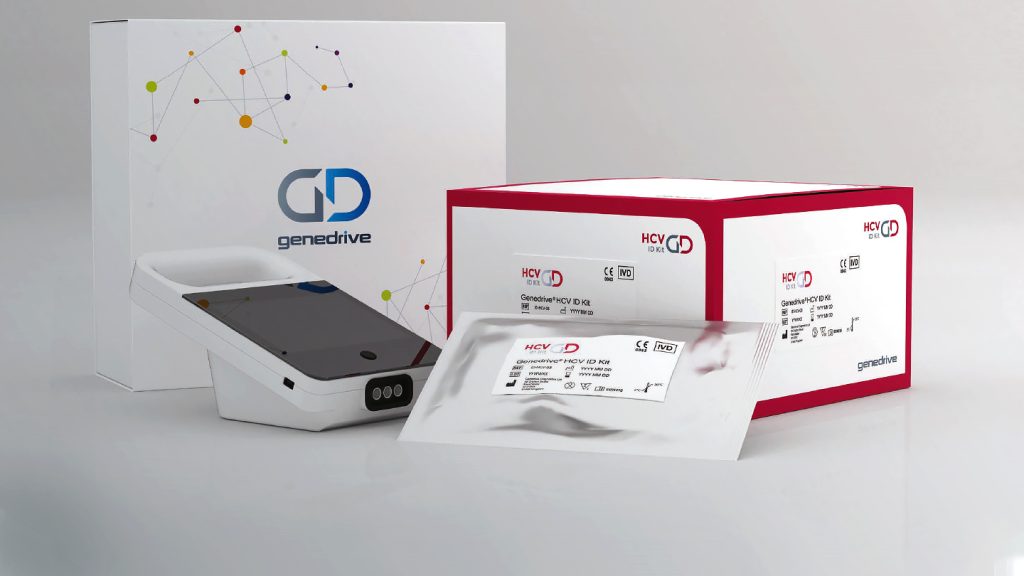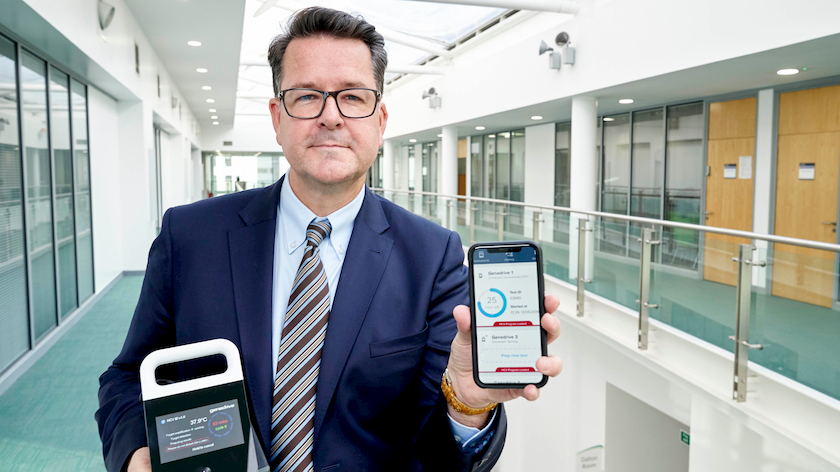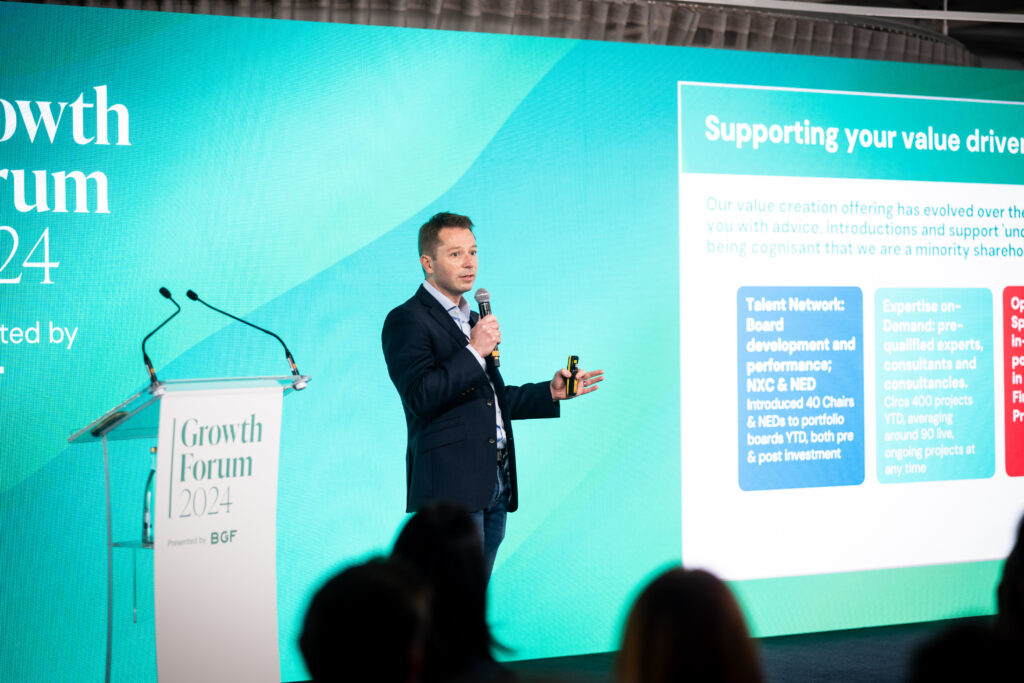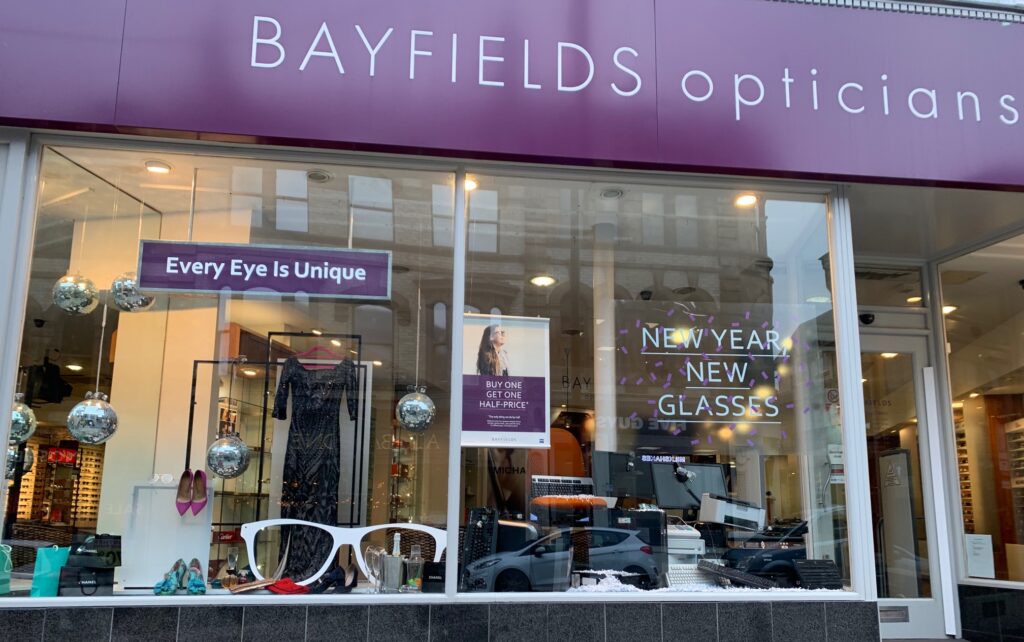Insights
Case Study: genedrive
“BGF has allowed us to continue to build the company, develop our strategy and put us on a much firmer financial footing. It’s been a fantastic experience.”
4 August 2020
When it comes to the treatment of serious diseases, high costs and a lack of laboratories often mean people in developing nations miss out on a diagnosis until it’s too late.
Manchester-based genedrive has created a low-cost, portable test for hepatitis C and another in development for tuberculosis, to help people in Asia Pacific and Africa access affordable and timely gene-based diagnosis.
“These are parts of the world where there are huge healthcare problems and bringing in affordable solutions is key,” former-CEO David Budd explained.
“The vast majority of gene readers require sophisticated infrastructure like a hospital laboratory. We wanted to give people the same technology that could be used in a less sophisticated setting.”
Unique capability
genedrive is the first company in the world to market a portable diagnostic test for the hepatitis C virus.
“There are new, inexpensive drugs to treat hepatitis C but, in order for patients to be eligible, they have to show the virus is present,” David explained. “So we look for the molecular signature of the virus in the patient’s blood. And if we find it, that means they’re eligible for treatment.”
With 10 million new diagnoses every year globally, tuberculosis disproportionately affects people in developing countries. Traditionally diagnosed using a throat sample, genedrive’s technology removes the risk of human error and also identifies patients who may be drug resistant.
The company has also developed a suite of tools for the US military to detect biohazard agents. “It’s a threat we’ve seen growing in the world,” said David. “The US military contracted us to develop a device and menu of testing options that was highly portable and could be carried by soldiers in the field. We’re unique in providing that capability.”
genedrive is also working with the NHS to screen neonatal babies for antibiotic-induced hearing loss. “In the UK, 90,000 children a year are admitted to neonatal units,” David explained. “Around 80% are given antibiotics, but a small number of children unfortunately suffer lifelong deafness as a result. With a test that takes just 25 minutes, that can all be prevented.”
A ‘razor blade’ model
At 50 employees, genedrive is one of the smaller companies listed on London’s Alternative Investment Market (AIM). Yet the business achieves scalability through a global network of suppliers and distributors and maintains its cutting-edge research by investing in a team of skilled scientists.
David has described genedrive’s business model as a ‘razor blade model’. “We place genedrive products in the market and the business growth comes from the use of our tests,” he explained.

A firm footing
This pioneering strategy attracted the attention of investors and, in December 2018, BGF provided significant investment to genedrive.
Our investment helped genedrive further the development of its diagnostic tests for hepatitis C and tuberculosis, as well as introduce its antibiotic-induced hearing loss test to Western markets.
With our funding and support, genedrive was also able to improve its baseline finances, setting the path for future growth.
“BGF has allowed us to continue to build the company, develop our strategy and put us on a much firmer financial footing,” David says. “I would never rewind the clock. It’s been a fantastic experience.”
“BGF has allowed us to continue to build the company, develop our strategy, and put us on a much firmer financial footing.”







